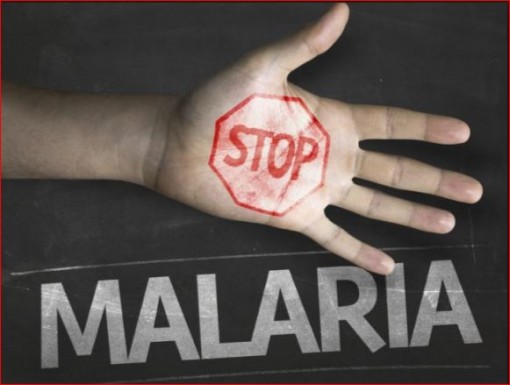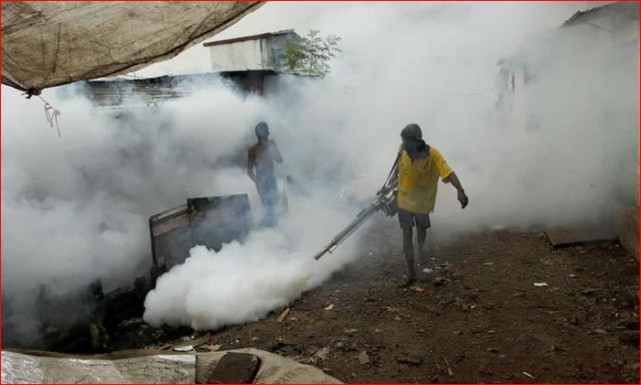Researchers at the University of Tennessee, Knoxville, have identified a set of bacterial genes that may help them find ways to lessen the severity of the disease malaria.
Their findings could also aid the research of fellow scientists working in malaria-stricken regions around the world.
The study was published in the journal Frontiers in Microbiology.
Collaborators in this work include Steven Wilhelm, the Kenneth and Blaire Mossman Professor in the UT Department of Microbiology; Shawn Campagna, UT associate professor of chemistry; Gary LeCleir, UT research assistant professor of microbiology; Joshua Stough, UT doctoral student in microbiology; and Nathan Schmidt, assistant professor of microbiology and immunology at the University of Louisville.
The research team earlier this year released a study that found the severity of malaria depends not only on the parasite or the host but also on the microbes in the infected organism. They examined the gut microbiomes of mice.
This new study is helping researchers better understand how gut bacteria work.
Stough analyzed hundreds of genes and eventually found that 32 bacterial genes and 38 mice genes have the characteristics–or phenotypes–that can affect malaria.
“We’re pretty excited because it means there is a limited number of genes to work with,” Wilhelm said. That discovery will make it easier to find a more effective malaria treatment for people.
Much of the study was carried out in Wilhelm’s UT lab.
When the research team released the first study in February, scientists around the world doing similar microbiome work expressed interest.
“The findings in this second study could allow scientists to look at data they’re collecting and try to draw comparisons to see if what we’re seeing is also happening in their samples from malaria-stricken regions,” Wilhelm said. “We’re collecting data in a way that can be used to answer other questions after the fact.”
Hundreds of children die every year from malaria. “If we can find a way to mitigate this disease, we can positively influence a large number of people,” Wilhelm said.




